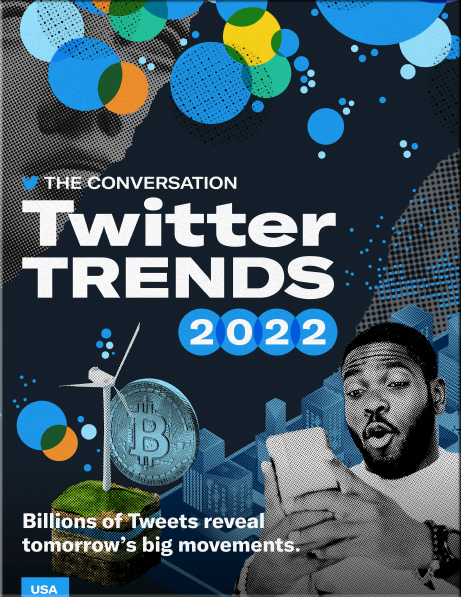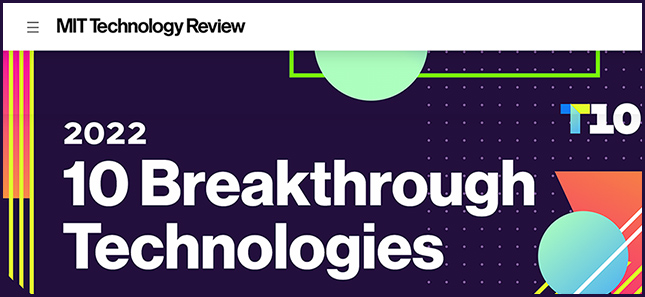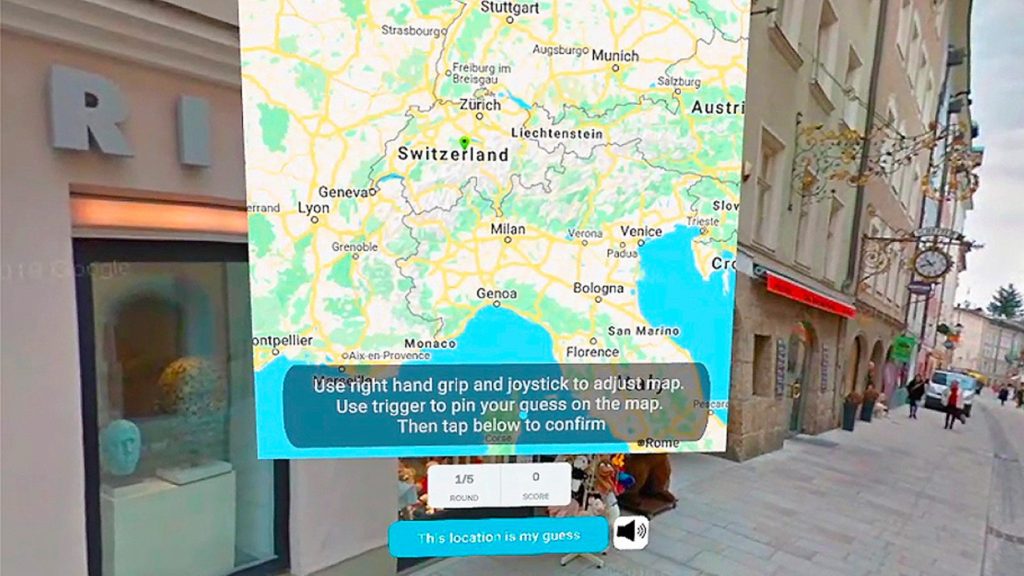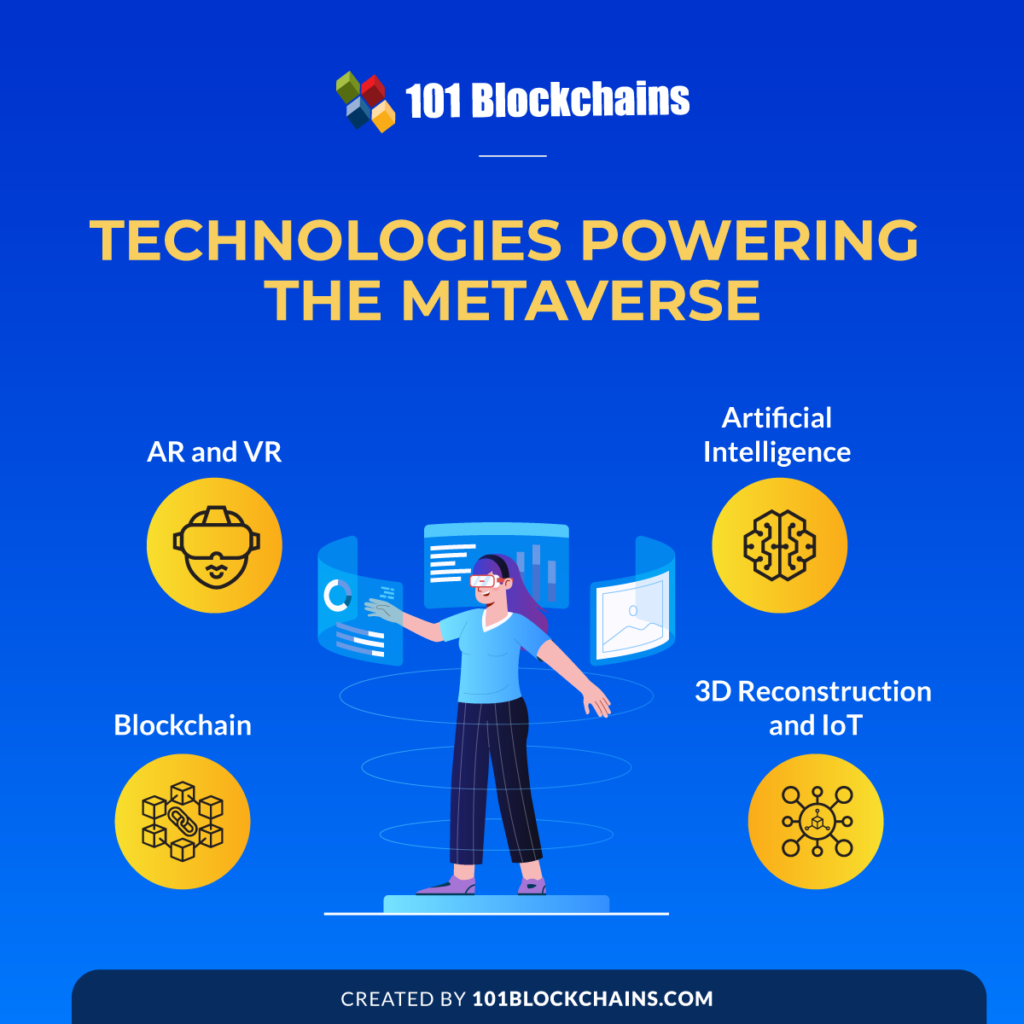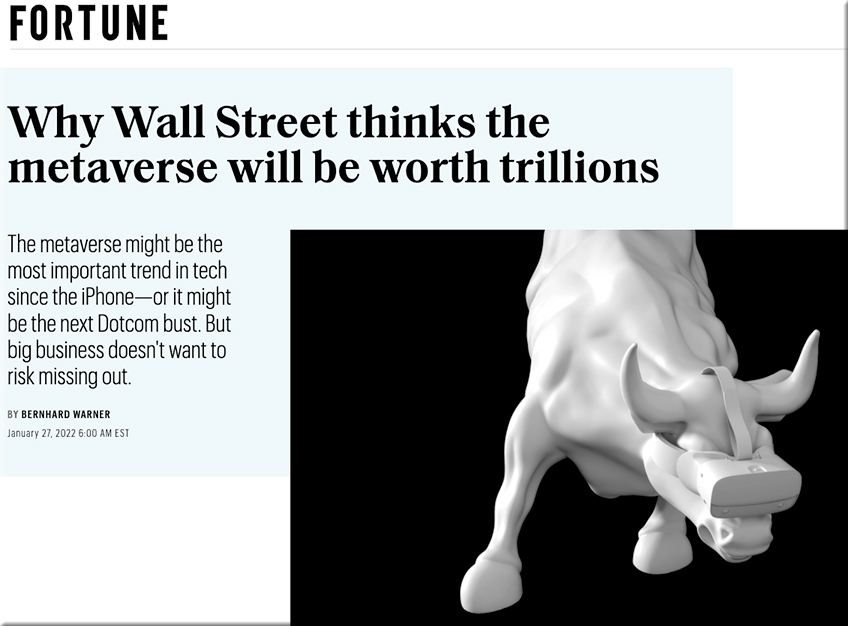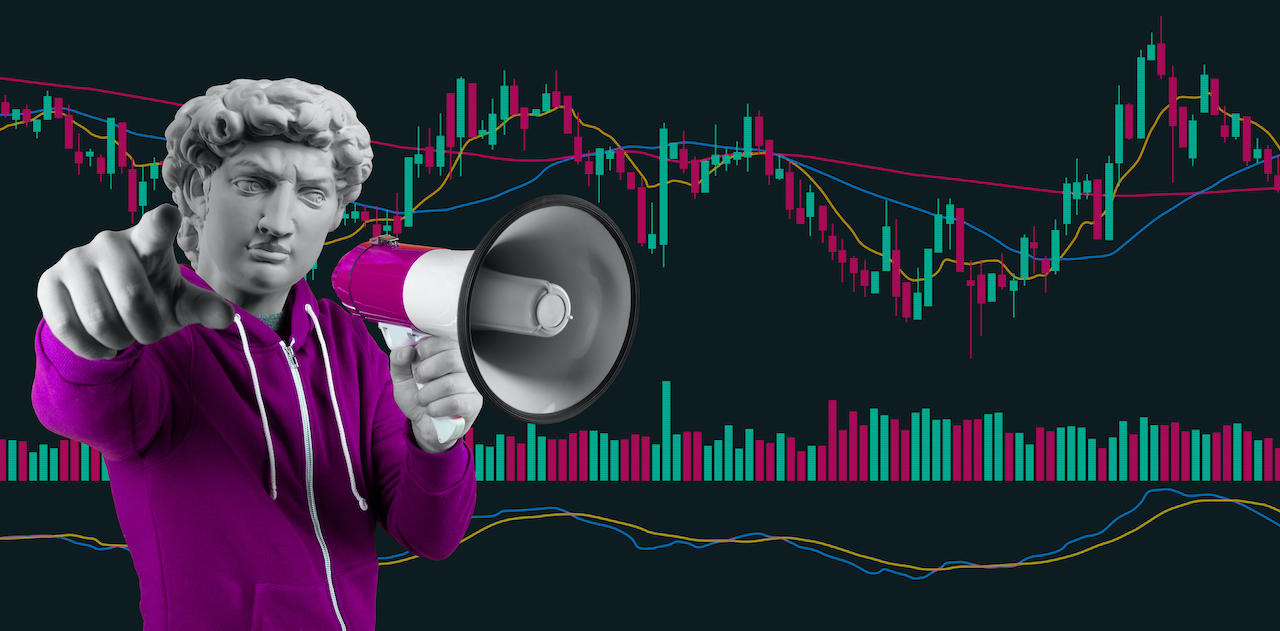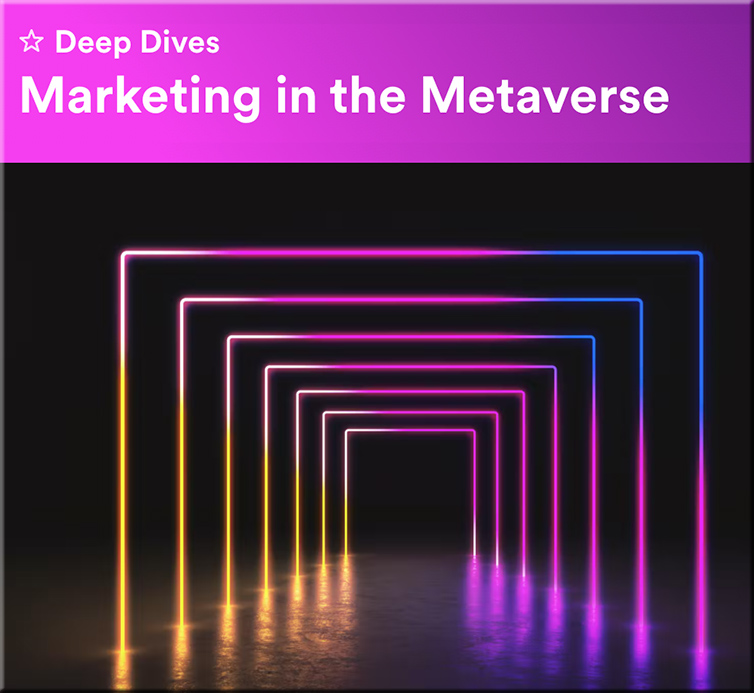The Associated Press is starting its own NFT marketplace for photojournalism — from theverge.com by Mitchell Clark
It’s offering collectors ‘exclusive, historic, and stunning visual content’
Excerpt:
The Associated Press, or AP, has announced that it’s starting a marketplace to sell NFTs of its photojournalists’ work in collaboration with a company called Xooa. It’s billing its foray into NFTs as a way for collectors to “purchase the news agency’s award-winning contemporary and historic photojournalism” and says that the virtual tokens will be released at “broad and inclusive price points” (though it’s hard to tell what types of prices resellers will want on the AP marketplace).
Also see:
Why Samsung built an NFT aggregator into its new TVs — from digitaltrends.com by Phil Nickinson
Excerpt:
Or, perhaps, it’s the idea of an “NFT aggregation platform” being built into the television. It sounds insane — baking something that most people don’t understand, let alone engage in — into a TV. Most of us can’t even describe what a non-fungible token is, let alone tell someone how to go get one. It’s a multi-layered process that’s far more difficult than taking a screenshot of something you saw on Instagram and then sticking it up on your TV.
But that’s also not the point.
…
“In 2022, Samsung is introducing the world’s first TV screen-based NFT explorer and marketplace aggregator,” reads the press release, “a groundbreaking platform that lets you browse, purchase, and display your favorite art — all in one place.”









